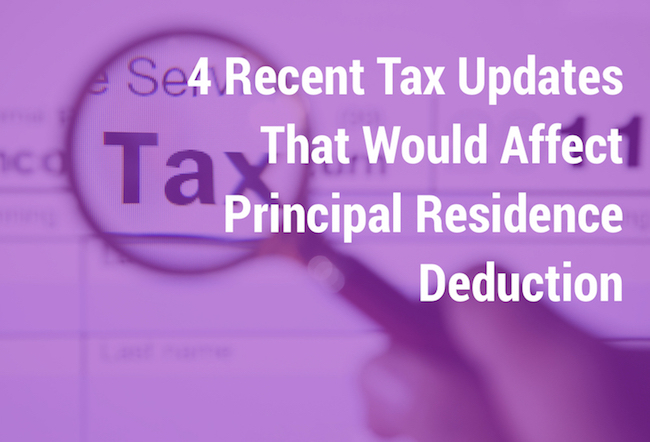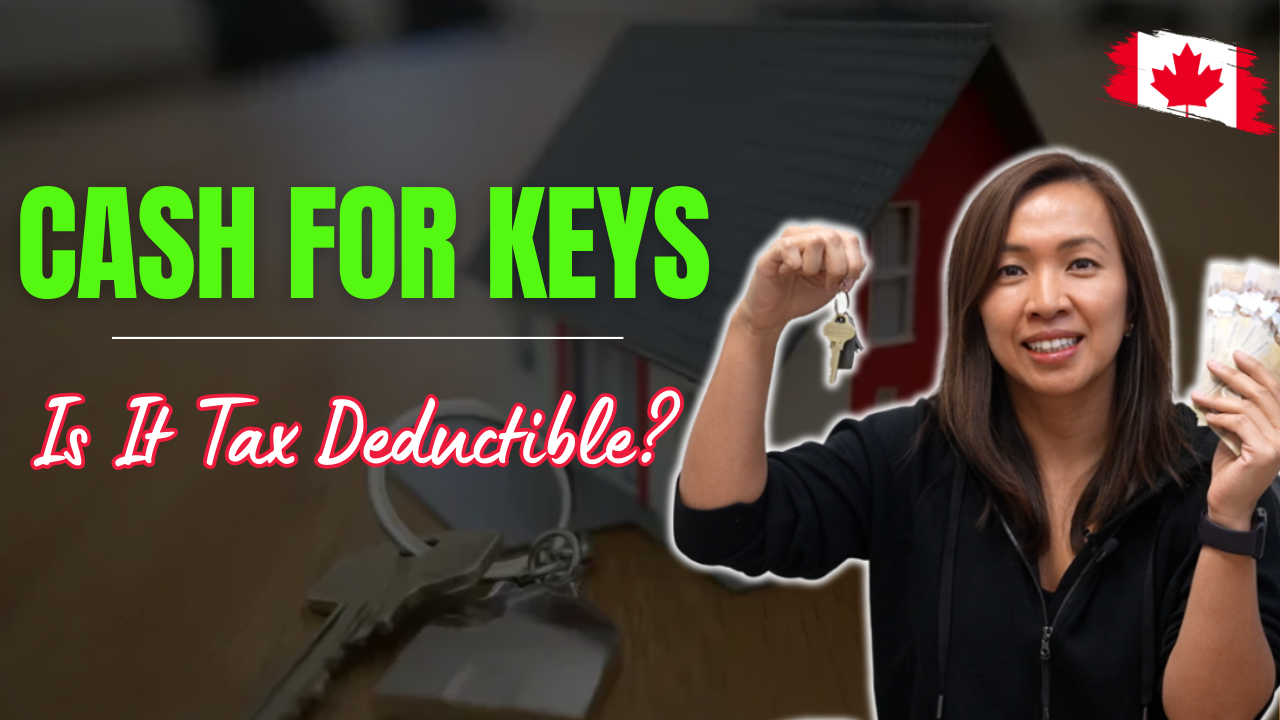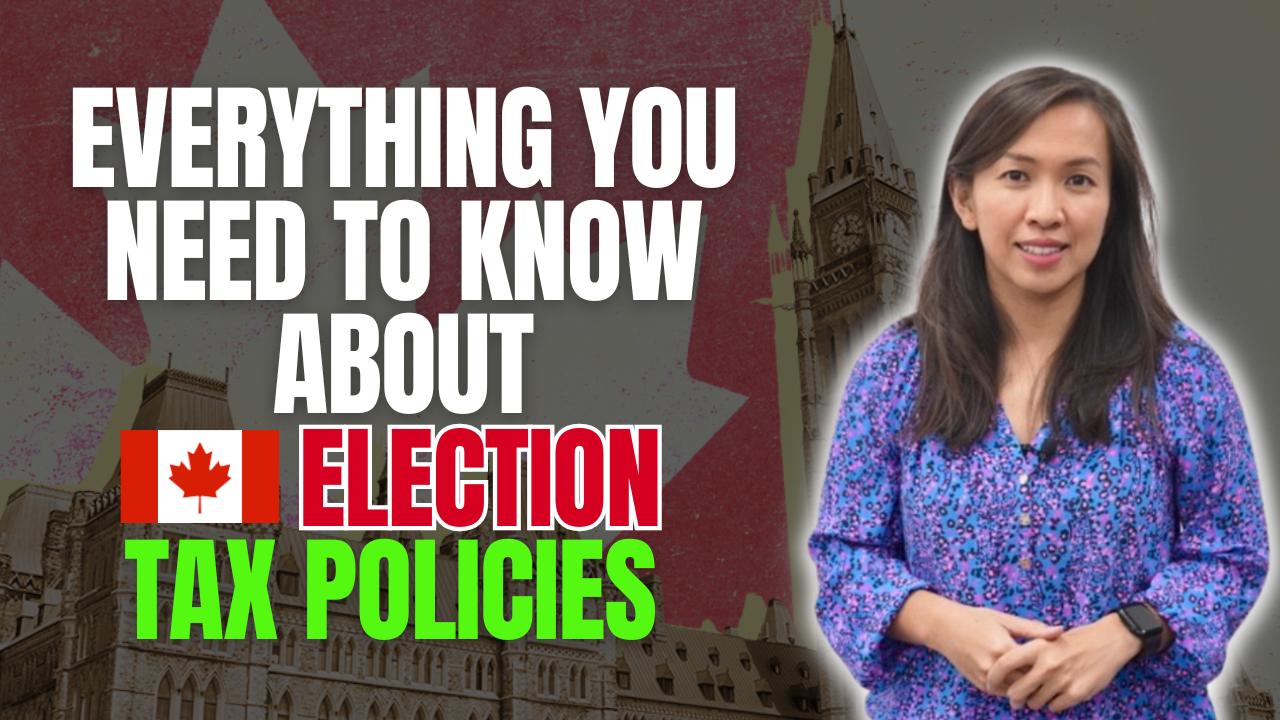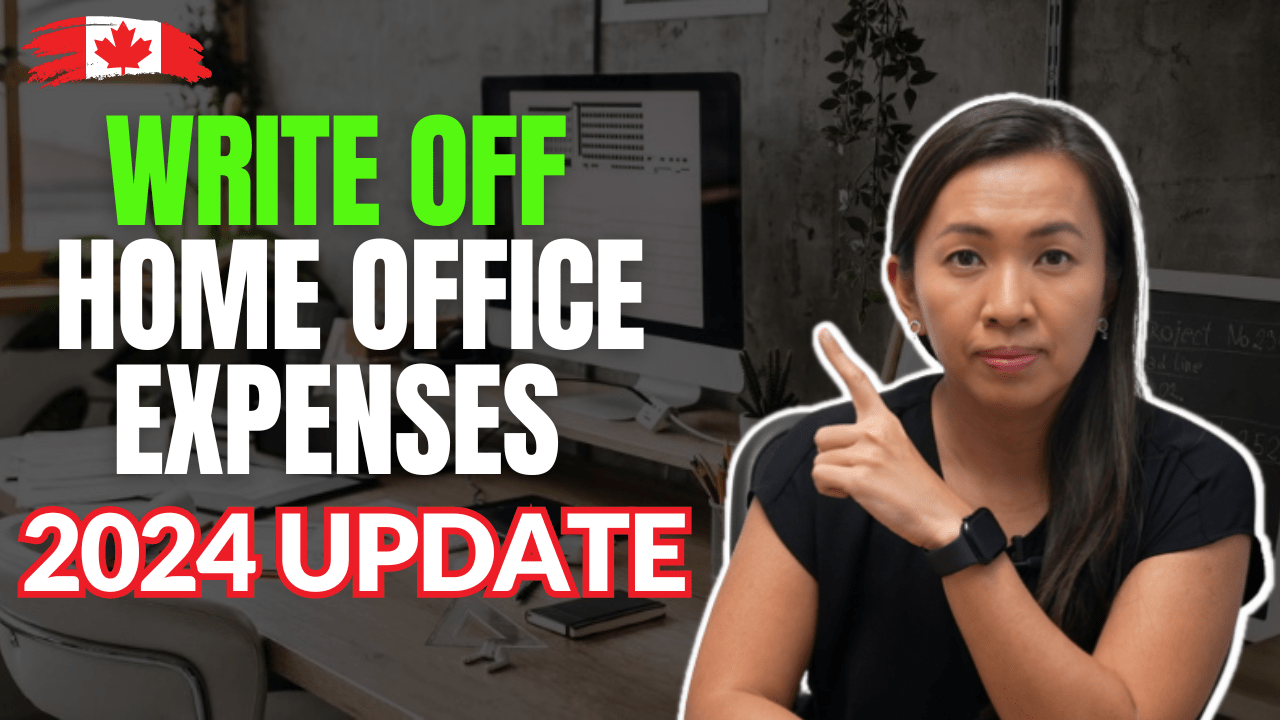It’s getting cold.
 Before it gets to freezing cold, we took our kids to a nearby farm to pick apples this past weekend.
Before it gets to freezing cold, we took our kids to a nearby farm to pick apples this past weekend.
As we parked our car to enter the farm, we saw two bus loads of Chinese tourists entering the farm.
I don’t know where they were from but it felt funny enough that people would take a bus tour to come to a farm 10 minutes away from my house (located in north Burlington) to pick apples, as if we were located in some rural farmland.
One lady made a comment how there were houses located just across the street from the farm. 🙂 Burlington can be far away from central Toronto, but it isn’t really that far away.
It’s the same farm but we have very different perspectives from them.
No difference in real estate investing.
I was born and raised in Hong Kong. Thanks to my parents, who were brave enough to escape from Hong Kong in their early twenties.
Back then, the Chinese government hated people who had ownership of any assets.
So they decided to take them all away from everyone and formed a Communist economy. This included all the real estate their citizens owned.
The idea was to redistribute them in a “fair way” so everyone was entitled to their own fair share.
My families in China were ranked the lowest level in the Communist system. This means that they received the least amount of food and resources from the Communist government.
Growing up in the farm, my father barely graduated from elementary school.
At that time, Hong Kong was a British colony. They had a policy that granted an “identity card” as long as they were there physically. This “identity card” basically is a ticket to citizenship. It allows you to stay there and work there legally.
So my dad tried really hard to come to Hong Kong. This included swimming over a deep river at the border of Hong Kong and South China and hiding behind bushes so the border guards would not notice him.
He failed many times at the border and got thrown into jail more than a handful of times as a result.
He finally succeeded when my mom went along with him. Supposingly my mom was the lucky charm. 😉
Stories aside, people were trying to leave the country in pursuit of a better life. Yes, my dad wanted a better future but he’s also afraid that the things that he worked hard for to own could be taken away any time from the government.
For things that we took for granted here in Canada, such as real estate ownership, people who lived in China don’t.
Like the apple farm, it’s the same real estate, but very different perspectives.
That’s one of the many reasons why they would want to park their money in Canada, not China. They know for certain that they can always claim their assets here in Canada. They don’t have such certainty in China.
We, local residents who live and work here, may blame them for driving up the housing market and our next generation would not be able to compete and afford their home ownership.
That’s part of globalization unfortunately.
The government even came out with more stringent mortgage rules (which I don’t think will help our next generation to afford home ownership unfortunately) and tax laws to cool off the overheated housing market.
Many real estate investors are getting information from their mortgage brokers regarding the new mortgage rules.
Few talk about the income tax changes that were announced.
Here are the changes CRA made to stop people from abusing principal residence exemption.
- Non-residents are no longer allowed to use loophole for principal residence exemption
When an immigrant first comes to Canada, he/she often goes through a process called “landing”.Basically, he/she arrives with the approval from Canadian government.
They do not have to become a tax resident immediately.
But during the first visit, the immigrant would often go out to tour around and probably purchase a house for future use.
He/she may not physically move to Canada until a year or two later. And hence, he/she would not become a tax resident of Canada until then.
Technically speaking, there’s no principal residence exemption when you are not a resident of Canada.
So for the first couple of years when this new immigrant isn’t a local tax resident, he/she cannot designate this property as principal residence.
He/she is required to actually pay tax on the capital gain accumulated on such property.
But…
Here’s the formula on how to calculate principal residence exemption
Capital gain sheltered = amount of gain × (1 + # of years you designate the property as principal residence ÷ total years owning the property)
In any given year, you are allowed to designate only one property as your principal residence.
This means that if you sell your old residence and purchase a new one in the same year, you can only designate ONE property as principal residence.
So the Principal Residence Exemption calculation accounts for this situation by having the “1+” in the formula so you can basically shelter 100% of the gain for the old and the new one at the same time.
Applying this formula to our non-resident situation above, he/she may not become a resident immediately after he/she lands.
But because of “1+” is part of the formula, he/she may be able to shelter the entire gain or dilute it, depending on the year that he/she becomes a tax resident of Canada.
Now, the government is not allowing these non-residents claiming the “1+” rule for their principal residence and shelter the entire gain.
- Reassessment on sale of property can go beyond 3 years
Generally speaking, CRA has the right to audit a taxpayer as far back as 3 years after you receive the Notice of Assessment.They can go back for a longer period of time but they have to prove that the taxpayer intentionally falsify his return to get permission to go beyond 3 years.
Now the Department of Finance is proposing to allow CRA to reassess and audit beyond the 3 year statutory barred period for disposition of real property in any given year.
Say a taxpayer did not report a sale of an investment property in his tax return by mistake in 2011 and got his notice of assessment in 2012.
Technically speaking, CRA has to meet a set of criteria to be allowed to reassess this taxpayer’s 2012.
When the new rules come in, CRA will now be allowed to reassess the sale in 2012 without jumping through any hoops.
- Sale of principal residence must be reported in your personal tax return going forward
The Income Tax Act always says that we are required to report the designation of principal residence when it is sold.But it was CRA’s Administrative Policy that said we wouldn’t have to report it unless there’s a capital gain.
With the recent media report on how certain taxpayers are taking advantage of this Administrative Policy and not report the sale of their principal residence, CRA has decided to change this policy.
Starting in January 1, 2016, if you have sold a home that you designate as principal residence, even though there’s no capital gain to be reported, you are still required to report the sale on your tax return.
If there is a portion of the capital gain to be reported, another special form is still required to be filed for the designation of principal residence for specific years.This requirement provides enormous amount of information to CRA.
Basically, all properties transacted in Canada will be reported to CRA from now on, whereas in the past, the information can only be obtained by CRA auditors through access to the Land Registry.
This measure will be very effective to catch all the house flippers that move into the property for a short period of time and quickly sell it for a profit. This profit would not have qualified to be sheltered under the principal residence exemption. But unless reported, it was difficult for CRA to catch it.
- Limit designation of principal residence by certain trusts
In the past, Income Tax Act allows a variety of trust to designate a property as principal residence and shelter the capital gain completely.Usually, taxpayers setup a trust for a variety of reasons, usually to avoid probate and pass on to the successor more efficiently.
Now CRA is limiting the number of trusts that are allowed to designate a property as principal residence.
By the way, CRA has already started conducting a lot more audits in Ontario & BC. They had audited over 13 thousand cases related to real estate activities in Ontario between April 2015 & September 2016.
From that, they’ve already recovered $210 million, and out of which $144 million was related to the HST rebate on new homes or new rental properties.These new CRA rules may not have much impact on the real estate market, but it surely allows CRA to get their fair share in this hot market.
With these new rules in place, I can see that there will be a lot more audit and recoveries CRA can get in the near future.
Until next time, happy Canadian Real Estate Investing.
Cherry Chan, CPA, CA
Your Real Estate Accountant






Martin
Hi Cherry, great article. I also read that if you are changing the use of a home it must be reported as a sale. For an investor this means paying capital gain when you still own the property. This would impact investors who are adding legal suites. Not sure but thought I would share as well.
Cherry
Hi Martin, an election can be filed to defer the gain. Talk to me if you really need to change the use of your principal residence.
Cherry
Michael
Cherry,
Amazing information you shared. Very professional! I am a resident of Canada which owns a property in China. When I am back to China, I inhabit in it. The property has not been used for any business. I am in the process of selling the property. I have two questions: 1) Can I claim the house in China as my principal residence? I know only one principal residence can be clarimed in one tax year and would like not to claim the house in Canada as the principal residence (as the capital gain is less). 2) After selling the house in China in 2020, a big amount of money which is not allowed to transfer to Canada per China’s current policy has to be left in China. Do I need to fill out T1135, indicating ‘fund held outside Canada’ or ‘indebtedness owned in non-resident’ etc for 2020 tax filing? Thanks.
Cherry Chan
Hi Michael, thanks for your inquiries. Since your situation is a bit specific, I would encourage you to setup a proper consultation with us. You can contact us via phone 416-548-4228.
Good luck!
Cherry